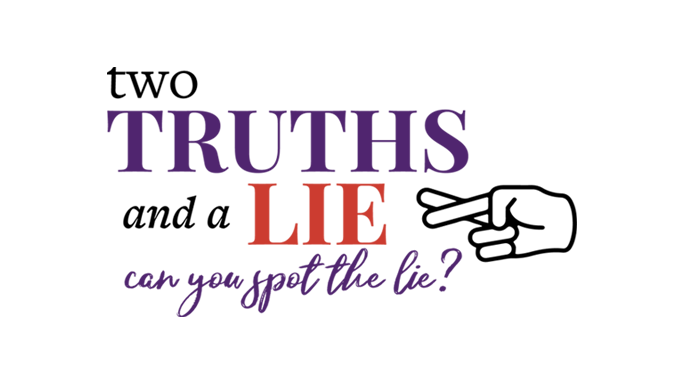Everyone likes the party game “Two Truths and a Lie.” Let’s see if you can spot the lie about the public charge principle in our immigration system. Which of the following is false?
-
The idea of self-sufficiency has long been a basic principle of our immigration law.
-
Only those receiving cash welfare benefits are considered to be public charges.
-
Some noncitizens receive welfare support but are not considered a public charge.
A. Truth. Going back to the 1800s, Congress has enshrined the principle in our immigration laws that anyone desiring to come to this country should be able to support him or herself without becoming a public charge. A “public charge” is defined as an individual who is likely to become primarily dependent on the government for livelihood through cash and non-cash assistance. The inability to be self-sufficient may be grounds for an immigrant to be denied entry to the U.S. or denied permanent residency.
Specifically, immigration law states: It continues to be the immigration policy of the United States that—(A) aliens within the Nation’s borders not depend on public resources to meet their needs, but rather rely on their own capabilities and the resources of their families, their sponsors, and private organizations, and (B) the availability of public benefits not constitute an incentive for immigration to the United States.
B. Lie. This used to be true, but not anymore. Up until recently, only acceptance of cash benefits such as Supplemental Security Income (SSI), Temporary Assistance for Needy Families (TANF), and state or local cash assistance programs, could make a noncitizen a public charge. The Trump administration recently expanded the definition of public charge to also include anyone who receives non-cash benefits such as food stamps, housing vouchers and housing assistance, public housing, and Medicaid (with certain exclusions).
C. True. Receiving public benefits does not automatically make an immigrant a public charge and ineligible to enter or obtain a green card. There are a number of situations that Congress recognized should exempt an individual from public charge for receiving public benefits. Refugees, asylees, Afghans and Iraqis with special immigrant visas, certain trafficking and crime victims, and special immigrant juveniles can gain entrance despite receiving benefits. Children in some cases are exempted, and immigrants who enlisted in the U.S. armed forces, or are serving in active duty are also exempted even if their spouse and children receive benefits. In addition, immigrants who receive Medicaid benefits may be exempted because of an emergency medical condition, through school programs, due to pregnancy, or due to a few other situations.
Accepting public benefits doesn’t automatically mean that a noncitizen will be denied permanent stay, but the Department of Homeland Security says it will be considered among other factors.
Importantly, immigrants fleeing war and oppression as asylees and refugees would be exempted from being considered a public charge as are other circumstances. However, this effort is meant to make public benefits less of an incentive for people to come to the U.S.
Self-sufficiency and economic independence is a goal for all Americans — citizens and noncitizens. Enforcing and expanding the public charge principle in our immigration system is one avenue to achieve that outcome.

